Do you pull your annuals out in the fall?
mary_max
17 years ago
Featured Answer
Comments (22)
limequilla
17 years agomary_max
17 years agoRelated Professionals
Allentown Landscape Architects & Landscape Designers · Hyattsville Landscape Architects & Landscape Designers · Marina Landscape Architects & Landscape Designers · Roosevelt Landscape Architects & Landscape Designers · Amesbury Landscape Contractors · Caldwell Landscape Contractors · Columbine Landscape Contractors · Methuen Landscape Contractors · Ridgewood Landscape Contractors · Sammamish Landscape Contractors · Wildomar Driveway Installation & Maintenance · Baton Rouge Decks, Patios & Outdoor Enclosures · Fort Worth Decks, Patios & Outdoor Enclosures · Kernersville Decks, Patios & Outdoor Enclosures · Medford Decks, Patios & Outdoor Enclosuresoldroser
17 years agosusanzone5 (NY)
17 years agokristal
17 years agomary_max
17 years agojuanital
17 years agoeldo1960
17 years agorusty_blackhaw
17 years agorhizo_1 (North AL) zone 7
17 years agopam_whitbyon
17 years agoilmg
17 years agochrismich250
17 years agommqchdygg
17 years agospiritual_gardner
17 years agomaineman
17 years agodeeje
17 years agolimequilla
17 years agoKathy
last yeardocmom_gw
last yearkitasei2
last year
Related Stories
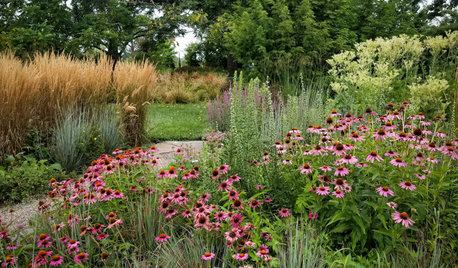
FALL GARDENING20 Favorite Flowers for the Fall Landscape
Vivid blooms and striking shapes make these annuals and perennials a delight in autumn gardens
Full Story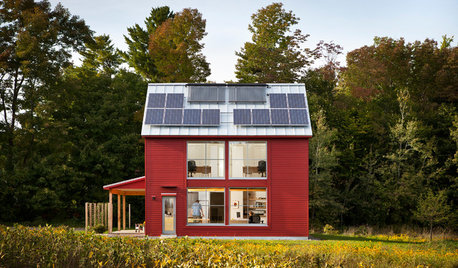
GREEN BUILDINGHouzz Tour: See a Maine House With a $240 Annual Energy Bill
Airtight and powered by the sun, this energy-efficient home in a cold-winter climate is an architectural feat
Full Story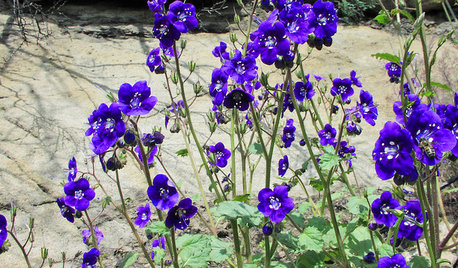
GARDENING GUIDESGreat Design Plant: Annual Phacelias
Coveted by California beekeepers and wildlife gardeners, phacelias are worth planting now for their prolific blue to purple spring blooms
Full Story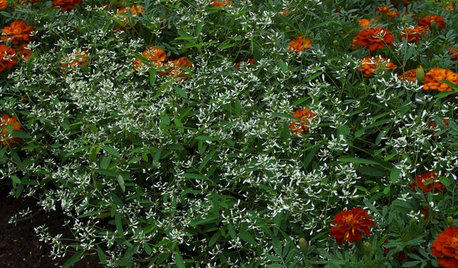
GARDENING GUIDES7 Enticing, Little-Known Annuals of the Plant World
Give these underutilized garden wonders a chance by discovering their draws
Full Story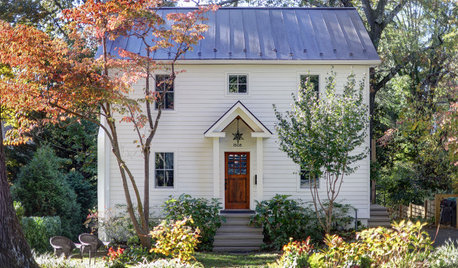
FALL GARDENINGMake This Fall’s Garden the Best Ever
Learn the most important tip for preventing buyer’s remorse, plus get more valuable buying and planting advice
Full Story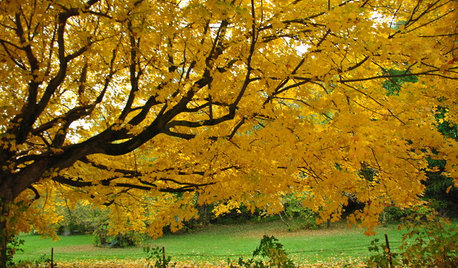
MOST POPULARBrilliant Scenes of Fall Color Indoors and Out
Celebrate the season with Houzzers’ photos of fall
Full Story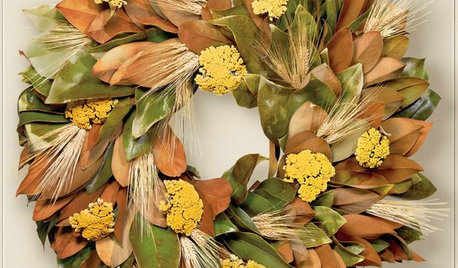
Guest Picks: Fall Wreaths for Indoors or Out
Deck the front door with one of these 19 autumnal wreaths
Full Story
DECORATING GUIDESEntertaining: Hosts Pull Out the Stops for Kentucky Derby Parties
Walk through the lavishly appointed Malvern House as designer Lee W. Robinson shares tips for gatherings that go the distance
Full Story
PRODUCT PICKSGuest Picks: Out-of-the-Ordinary Cabinet Pulls and Knobs
Whether your decor is traditional, eclectic, rustic or offbeat, this cabinet hardware can show it off and take it into another realm
Full Story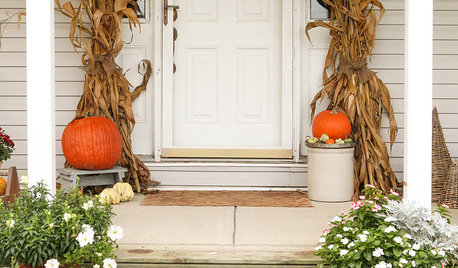
FALL AND THANKSGIVINGIt's Not Too Late to Decorate: Minimalist Fall Decor
No need to go all-out with autumn decorations. Nod to the season with just a few well-placed pumpkins and flowers
Full StoryMore Discussions






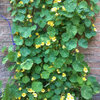
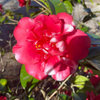
justaguy2